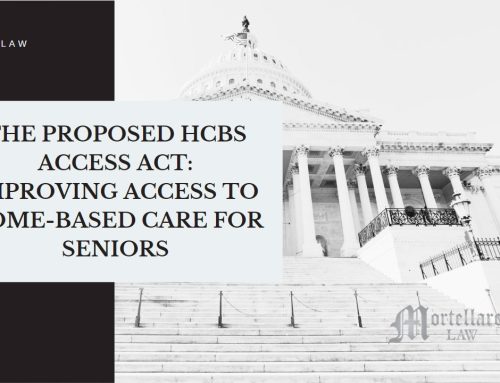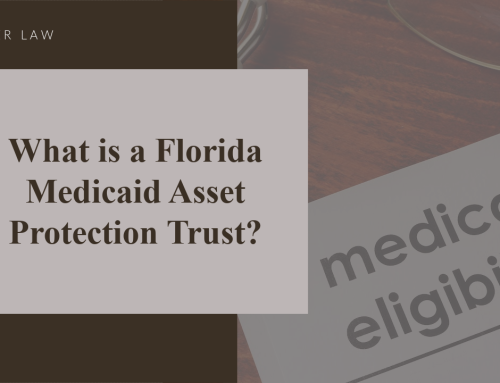Most people save large sums of money for retirement in 401(k) or IRA accounts. So many people automatically assume that Medicaid benefits are out of reach. On the surface that might seem true. Individuals who have more than $2,000 in countable assets or $2,349 in gross income per month for 2020 are not eligible for Florida Medicaid benefits. For couples, the individual gross income is the same, but the asset limit is $3,000.
However, large IRAs and 401(k)s can be navigated by experienced elder law attorneys who understand how to deal with income and asset limits in the Medicaid world. An elder law attorney looks at the big picture, and with proper planning, he or she can help you devise a strategy to get you qualified.
Exempting Retirement Assets
In general, here are your two options:
- Place the account into “payout” status: Before applying, you can put your retirement account into payout status by taking a required minimum distribution on a monthly basis. If you execute this strategy correctly with an elder law attorney, then Medicaid will not count the account as an asset.
- Liquidate the account: Another way to make these a non-countable asset is to liquidate the account. This should be seen as a last resort. There are obviously tax implications to be considered. You should consult with a tax professional and your benefits planning attorney before considering this move. Once the funds are liquidated, they must be sheltered for benefit purposes, so special caution and planning is necessary.
These and other strategies take careful planning, and there are specific steps in a particular order that must be taken. Speaking with an elder law attorney before making any substantial decisions is very important, since there can be many long-term impacts.
Evaluate Your Medicaid Benefits with an Elder Law Attorney
We can help you evaluate your options with a free one-hour consultation. Call us at 813-291-0476 now to request yours, or you can send us a confidential callback request below and we will contact you.





